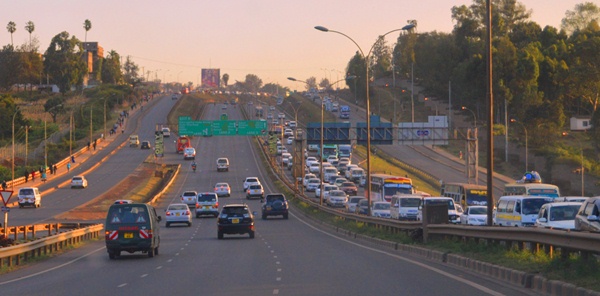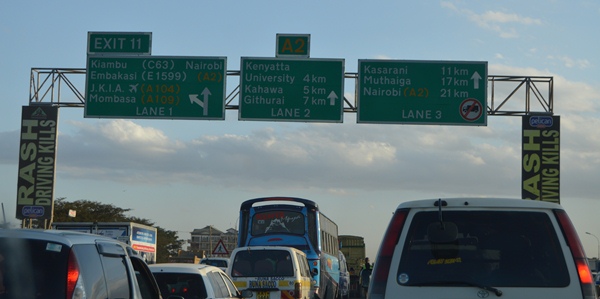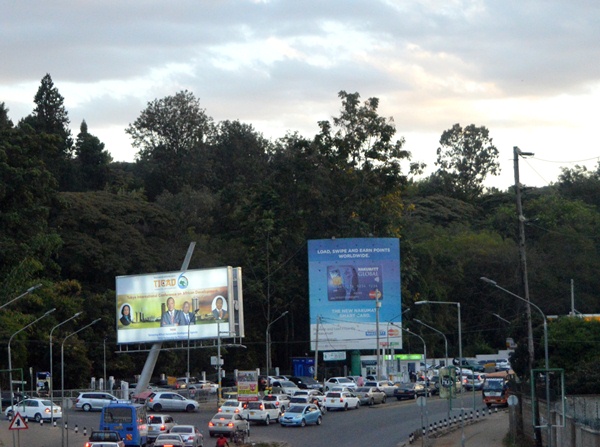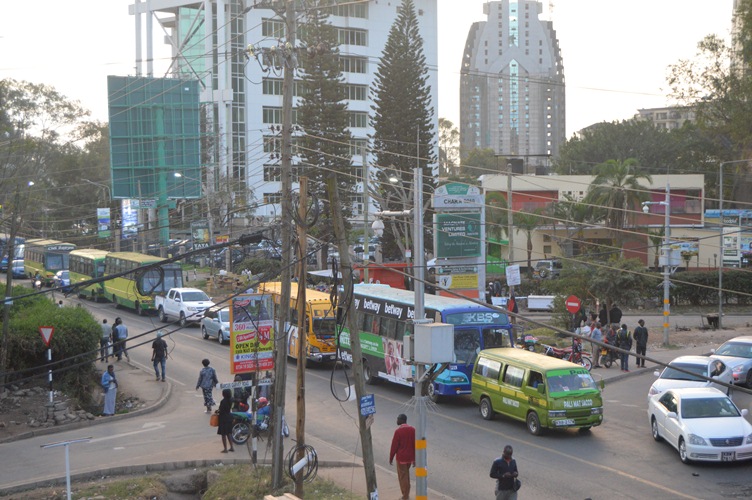Traffic jams are common phenomenon all over the world. It is quite frustrating to sit in a traffic jam. It angers many people and above all leads to economic loss.

Traffic jams have been reported to cause a lot of devastation in world’s largest capitals such as Berlin, New Delhi and London. A number of research projects have been undertaken by INRIX (a traffic data company) and the Center for Economics and Business Research to determine the extent to which a country’s economy loses due to traffic jams.

The two companies determined that the act of sitting in a traffic jam leads to reduced productivity of a labor force. The other effects of traffic jams include increased transport costs which translate to increased price of goods and services.
A research carried out in Britain, German and France found out that in 2013 traffic jams lead to the loss of $200 billion.
- Wasted fuel
- Wasted time
- Increased business costs
It is further estimated that car owning households in France lost an average of $2,500 per annum while the loss was higher in Los Angeles at $6,000 per year. This means that traffic is worse in Los Angeles. It is even more worrying to discover that these costs do not include the costs associated with carbon emissions.
Read More: JKIA-Rironi road progress
Many cities around the globe have attempted to solve the traffic jam problem. It is always in vain because as governments build new roads or expand the existing ones, people feel encouraged to buy more cars. There are several factors that contribute to traffic jams. These are as listed below:
- Fast growing Gross Domestic Product
- Increased investments and
- Growth in employment

It is natural that when people grow richer, they spend more money on cars and fuel. Researchers have indicated that the adoption of electric cars may be a solution in reducing the carbon emission footprint. Until that time, the traffic jams are here to stay.
Read More: Impassable Roads in Parts of Msambweni


